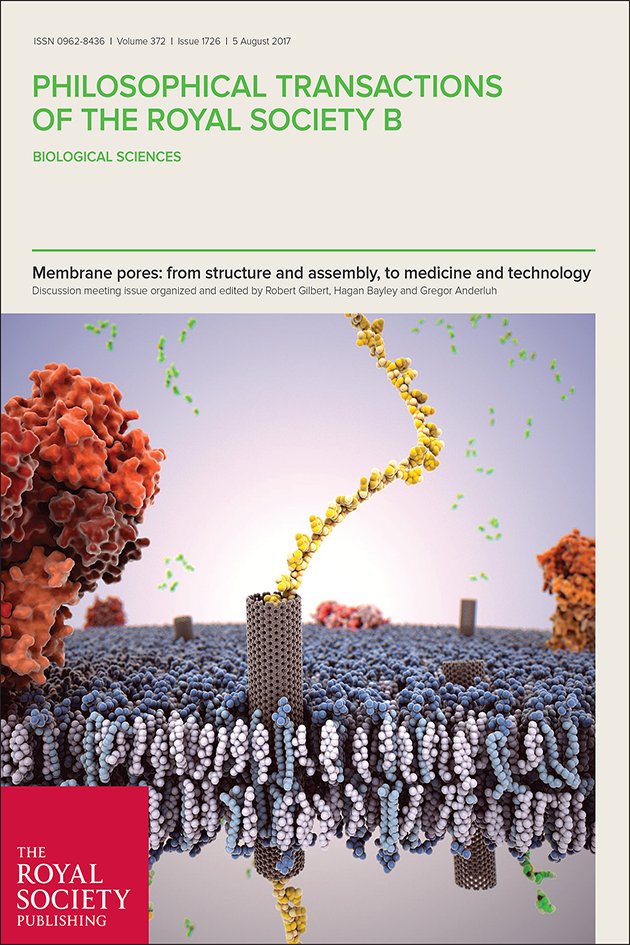Adaptation to climate change is a social–ecological process: it is not solely a result of natural processes or human decisions but emerges from multiple relations within social systems, within ecological systems and between them. We propose a novel analytical framework to evaluate social–ecological relations in nature-based adaptation, encompassing social (people–people), ecological (nature–nature) and social–ecological (people–nature) relations. Applying this framework to 25 case studies, we analyse the associations among these relations and identify archetypes of social–ecological adaptation. Our findings revealed that adaptation actions with more people–nature relations mobilize more social and ecological relations. We identified four archetypes, with distinct modes of adaptation along a gradient of people–nature interaction scores, summarized as: (i) nature control; (ii) biodiversity-based; (iii) ecosystem services-based; and (iv) integrated approaches. This study contributes to a nuanced understanding of nature-based adaptation, highlighting the importance of integrating diverse relations across social and ecological systems. Our findings offer valuable insights for informing the design and implementation of adaptation strategies and policies.
DOI:
https://doi.org/10.1098/rstb.2023.0213
Skor altmetrik:
Jumlah Kutipan Dimensi:

Tahun publikasi
2025
Penulis
Locatelli, B.; Lavorel, S.; Colloff, M.J.; Crouzat, E.; Bruley, E.; Fedele, G.; Grêt-Regamey, A.; Plieninger, T.; Andersson, E.; Abbott, M.; Butler, J.; Devisscher, T.; Djoudi, H.; Dubo, T.; González-García, A.; Karim, P.G.; Múnera-Roldán, C.; Neyret, M.; Quétier, F.; Salliou, N.; Walters, G.
Bahasa
English
Kata kunci
climate change adaptation, ecosystem services, socioeconomic development, nature conservation, social aspects, ecology, collaboration


















